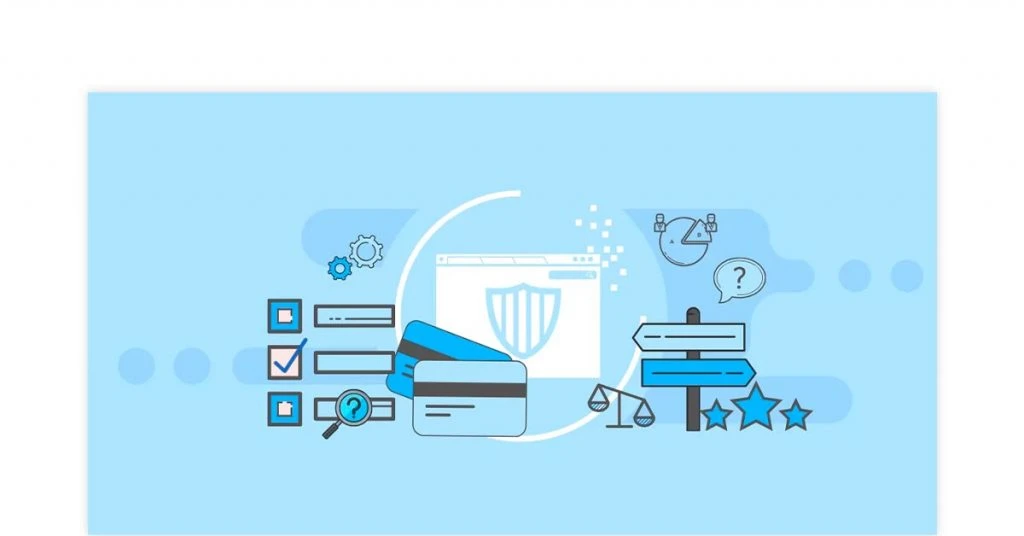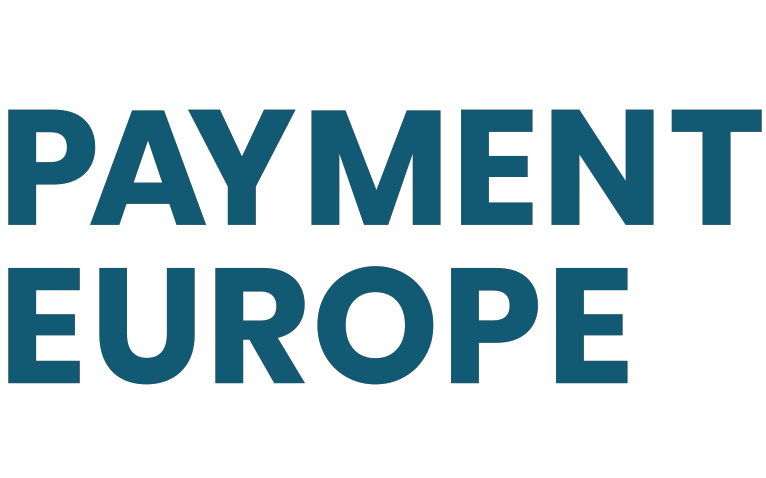AUTHOR : RIVA BLACKLEY
DATE : 24/11/2023
In today’s rapidly evolving financial landscape, payment providers play a pivotal role in shaping the way transactions[1] occur across Europe. From the traditional methods[2] of handling cash to the advent of sophisticated digital payment systems, the journey has been nothing short of transformative.
Introduction
The European payment[3] ecosystem has undergone significant changes over the years, with technological advancements revolutionizing the way businesses and consumers handle financial transactions. This article delves into the intricate web of payment providers[4] in Europe, exploring the evolution, challenges, and future trends that define this dynamic industry.
Evolution of Payment Systems
Understanding the current state of payment providers requires a glance into the past. Historically, European nations relied heavily on cash transactions[5]. However, with the rise of digitalization, the landscape shifted towards more efficient and secure electronic payment methods.
Key Players in European Payment Landscape
In the competitive arena of payment solutions, several key players dominate the European market. Companies like PayPal, Adyen, and Stripe have become household names, providing diverse and user-friendly platforms for both businesses and consumers.
Trends Shaping the Industry
The payment industry is not immune to technological disruptions. From contactless payments to blockchain technology[1], the sector is witnessing a constant influx of innovations that shape the way transactions occur.
Advantages of Using Payment Providers in Europe
The convenience offered by payment providers cannot be overstated. Businesses benefit from streamlined transactions, while consumers enjoy the ease of making purchases with just a few clicks. Security features implemented by these providers add an extra layer of protection, fostering trust among users.
Challenges and Solutions
As with any digital system, challenges arise. Cybersecurity threats and the potential for fraud are persistent concerns. However, the industry is quick to respond with innovative solutions, constantly evolving to stay ahead of malicious actors.
Consumer Perspectives
Understanding the preferences and experiences of consumers is crucial. European users appreciate the convenience of digital payments, but their expectations go beyond functionality. The user interface, customer support, and transparent fee structures play a significant role in shaping their opinions.
Integration with E-commerce Platforms
For online businesses, choosing the right payment gateway is a strategic decision. The ease with which payment providers integrate into e-commerce[2] platforms can significantly impact the success of online ventures.
Future Outlook
The future of payment providers in Europe holds exciting possibilities. With advancements in artificial intelligence and the potential for further regulatory changes, the industry is poised for continued growth.
Case Studies
Examining real-world examples provides valuable insights. Businesses that have successfully navigated the digital [3]payment landscape offer valuable lessons for those looking to optimize their financial processes.
How Businesses Can Choose the Right Payment Provider
Selecting a payment provider is a critical decision for businesses. Factors such as transaction fees, global reach, and compatibility with existing systems must be carefully considered to ensure a seamless and efficient payment process.
Importance of Compliance

Regulatory compliance is non-negotiable in the financial sector. Payment providers must adhere to stringent regulations to protect both businesses and consumers. Non-compliance can lead to severe consequences.
Social and Economic Impact
The shift towards a cashless society has broader implications. It not only influences economic growth[4] but also transforms social behaviors and norms. Understanding these impacts is crucial for policymakers and businesses alike.
Innovations in Mobile Payments
Mobile payments are gaining prominence, especially with the widespread use of smartphones. From digital wallet[5]s to contactless payments, the convenience of mobile solutions is reshaping how individuals manage their finances.

Comparison of European Payment Systems with Global Counterparts
Europe stands as a key player in the global payment arena, but how does it fare in comparison to systems worldwide?
1. Efficiency and Speed: The European Advantage
European payment systems, characterized by initiatives like SEPA (Single Euro Payments Area), boast efficiency and speed. The seamless cross-border transactions within Europe set a standard that many regions strive to emulate.
2. Innovations in Asia: A Different Approach
While Europe excels in regulatory frameworks and cross-border transactions, Asian countries have pioneered innovations like QR code payments and mobile-first banking. Comparing these approaches offers valuable lessons for future collaboration and global payment system advancements.
Conclusion
In conclusion, the landscape of payment providers in Europe is dynamic and evolving. Businesses that embrace the latest technologies and adapt to changing consumer preferences are poised for success. As we navigate this digital frontier, the collaboration between businesses, consumers, and payment providers will continue to redefine how financial transactions unfold.
FAQs
- How do payment providers ensure the security of transactions?
- Payment providers implement robust security measures, including encryption and two-factor authentication, to safeguard transactions.
- Can small businesses benefit from using payment providers?
- Absolutely. Payment providers offer scalable solutions, making them accessible and beneficial for businesses of all sizes.
- What role do regulations play in the payment industry?
- Regulations are crucial to ensure the integrity and security of financial transactions. Payment providers must adhere to these regulations to operate legally.
- Are mobile payments safe?
- Yes, mobile payments are generally safe, with providers implementing security features to protect user data.
- How can businesses stay ahead of technological advancements in payments?
- Businesses can stay informed by regularly updating their systems and collaborating with innovative payment providers.







